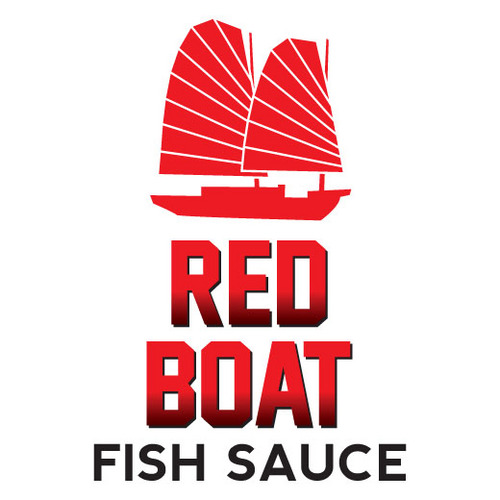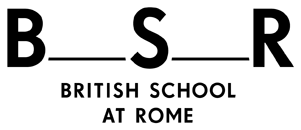Fish processing and consumption in Mediterranean antiquity
6-8 September 2017
Taylor Institute, University of Oxford
From discussion of EU fishing policy and the health benefits of fish oil, to concern over the environmental impact of aquaculture, it seems fish are constantly in the news – and rightly so. Decreases in fish stocks, new government policies, and even changes in taste can lead to the rise and fall of entire industries and the communities that rely on them. Classical antiquity witnessed many challenges that we would recognise today – population expansion, mass migration, border disputes, and over exploitation of resources. Like us, the Roman Empire processed and consumed fish on an industrial scale. How did ancient cultures shape the modern seas? What can past industries tell us about the present?
The Bountiful Sea conference will gather archaeologists, scientists, cooks, and classical scholars to discuss new evidence for fish exploitation and new perspectives on the manufacture, transport, and consumption of fish-based products in Mediterranean antiquity.
Academic Programme
>>> Download the complete programme and abstract book
The Bountiful Sea’s academic programme will bring together specialists from across Europe, North America, and the Near East to investigate key areas of fish eating (production, processing, trade, consumption) as well as the potential of state-of-the-art scientific methods. Overall, the meeting aims to 1) demonstrate the potential of different types of evidence for the study of Mediterranean fish processing, 2) encourage interdisciplinary discussion and the integration of different lines of research, and 3) present novel methods for future investigation of fish exploitation. As such, the meeting will have a broad geographic scope that encompasses the entire Mediterranean.
The meeting will open with a keynote lecture by Professor John Wilkens (University of Exeter). Over the next two days a range of oral presentations and posters will address fish production and consumption across the Mediterranean:
Speakers:
Guy Bar-Oz, Dario Bernal Casasola, Emmanuel Botte, Cristina Carusi, Oliver Craig, Sónia Gabriel, Nicolas Garnier, Ayelet Gilboa, Sally Grainger, Carl Heron, Omri Lernau, Benedict Lowe, Ephraim Lytle, Annalisa Marzano, Arturo Morales-Muñiz, Dimitra Mylona, Rebecca Nicholson, Andreas Pack, Efi Ragia, Kristine Korzow Richter, Mark Robinson, Guy Sisma-Ventura, Dorit Sivan, Tatiana Theodoropoulou, Athena Trakadas, Thomas Tütken, Susan Weingarten, John Wilkins, Irit Zohar
Poster presenters:
Aleksa Alaica, Ricardo Belizón Aragón, Darío Bernal-Casasola, Pilar Corrales Aguilar, Alan Dalton, Enrique García Vargas, Nicolas Garnier, Lee Graña, Glenda Graziani Echávarri, Adolfo Fernández Fernández, Jen Harland, Zeynep Kiziltan, George Koutsouflakis, lena Kranioti, Felicitas Maeder, Christopher Motz, Dimitra Mylona,Catriona Pickard, Vedat Onar, Ermiş Özkan, Antonio Sáez Romero, Antonia M. Santangelo, Jessica Schalburg-Clayton
The meeting will conclude with discussion following a response from biologist-ichthyologist Dr Manos Koutrakis (Hellenic Fisheries Research Institute), an expert of the Scientific, Technical and Economic Committee for Fisheries of the European Commission, who will provide a modern biological perspective on the issues raised over the conference.
Culinary Progamme
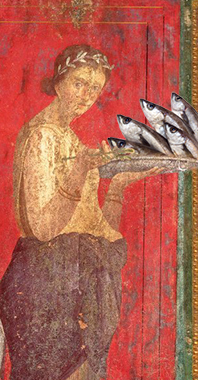 How can we understand ancient fish and fish products if we never experience them ourselves?
How can we understand ancient fish and fish products if we never experience them ourselves?
The Bountiful Sea meeting will include an innovative culinary programme that invites participants to engage with Roman fish products and fish-based dishes. Demonstrations and tastings will showcase Roman flavours and offer researchers new insight into how fish products were made.
Roman Fish Feast
in the Ashmolean Museum's Randolph Sculpture Gallery
Following the keynote lecture on taste and texture, The Bountiful Sea will open with a Roman seafood tasting banquet, featuring re-created sumptuous Roman dishes drawn from historical sources - a chance to try the best of Apicus, Cicero’s favourite saltfish frittata, and (of course) garum! Fish dishes will be accompanied by salads, Roman bread, and white wine from the Bay of Naples. The Gallery provides an ideal setting for our dinner, as diners will be surrounded by the Arundel Collection of Greek and Roman sculpture and inscriptions.
>>> View a sample menu.
Fish Sauce Demonstrations
Explanation of the art and science behind Roman fish fermentation and presentation of re-created sauces. Taste fish-based dips and condiments using these ingredients.
Modern Mezze
Participants are invited to bring traditional preserved fish from their regions, which will be presented and shared with the re-created Roman sauces during the evening reception.


Friday's Roman banquet will be held in the Ashmolean's Randolph Sculpture Gallery.
Schedule
>>> Download the complete programme and abstract book
The conference's Opening Evening will host a keynote lecture followed by our Roman Fish Feast. The academic sessions will take place over the two subsequent days (Thursday 7 – Friday 8 September), followed by receptions in the evenings. The Thursday reception (7 September) will follow a fish sauce demonstation and include tastings of fish sauces and Mediterranean fish-based products.
Wednesday 6 September | Opening Evening
Keynote lecture by John Wilkens (University of Exeter)
Cooking and processing fish in antiquity: questions of taste and texture
Our keynote speaker will discuss a range of topics pertinent to the theme of the conference: fishermen and fish supplies, the discourse of luxury, processing and salting, taste and texture in fish, the favoured parts of the fish, and the medical impact of fresh versus salted fish.
The talk will be followed by a short drinks reception before adjourning to the Ashmolean Museum's Randolph Sculpture Gallery, where participants will reinforce their new knowledge by experiencing the taste and texture of ancient fish recipes for themselves.
Thursday 7 September
Full day of academic papers followed by a wine reception and fish sauce tasting.
Friday 8 September
Full day academic papers. Short reception following.
Venues (*Updated 31/07/2017)
The academic programme including oral presentations, posters, lunch, receptions, and registration will take place in the Taylorian Institute on St. Giles' (at the corner of Beaumont Street): http://www.bodleian.ox.ac.uk/taylor/about/contact
Due to builing works in the Ioannou School for Research in Classical and Byzantine Studies, the conference has been moved from its original venue to immediately next door in the Taylorian Institute. No other changes have been made to the advertised programme.
Wednesday's Roman Seafood Tasting Dinner will be held in the Ashmolean Museum, immediately after the the Opening Lecture. The Ashmolean is next door in the Taylorian, and conference volunteers will direct participants to the dinner.
>>> Download arrival details and map.
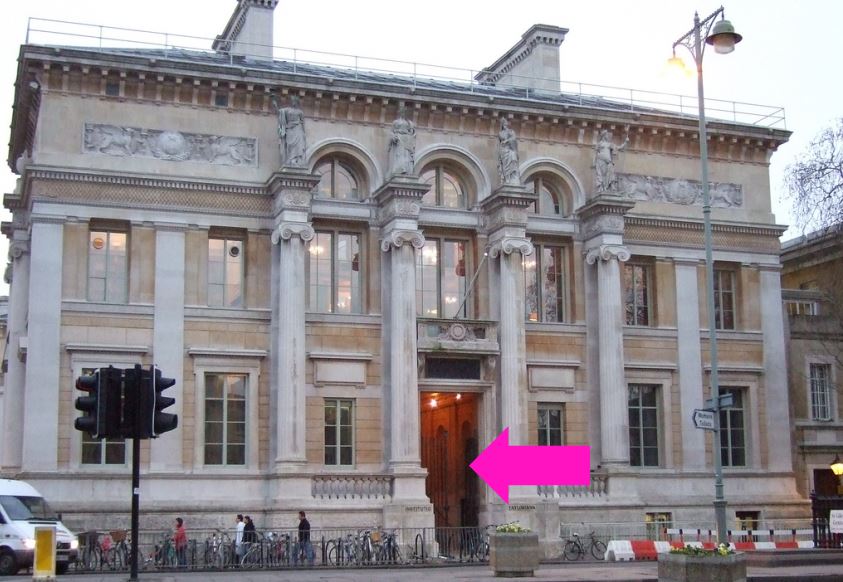
Entrance to the conference in the Taylor Institute seen from St. Giles
Registration
Registration is now closed. Thanks to all who signed up!
Travel & Accomodation
Participants can find information on how to best reach Oxford on the University's website: here. If you are travelling by car please note the section on parking; there is very little parking in central Oxford, and it is advisable to use a park-and-ride or travel by another method.
For those staying in Oxford, colleges provide good value, centrally located B&B rooms: here.
>>> Download arrival details and map.
Organisers
For further information about the event or to join the mailing list, please get in touch with the organisers.
Angela Trentacoste
Oxford Roman Economy Project,
University of Oxford |
angela.trentacoste@classics.ox.ac.uk
|
Dimitra Mylona
Institute for Aegean Prehistory,
Study Center for East Crete |
dmylona@hotmail.com
|
Rebecca Nicholson
Oxford Archaeology |
rebecca.nicholson@oxfordarch.co.uk |
Sally Grainger
Independent scholar &
author of The Classical Cookbook |
sallygrain@aol.com |
|
Andrew K. G. Jones
University of York
|
|
Sponsors
The Bountiful Sea is made possible through the generous support of:
Christian Levett
Advertising partners

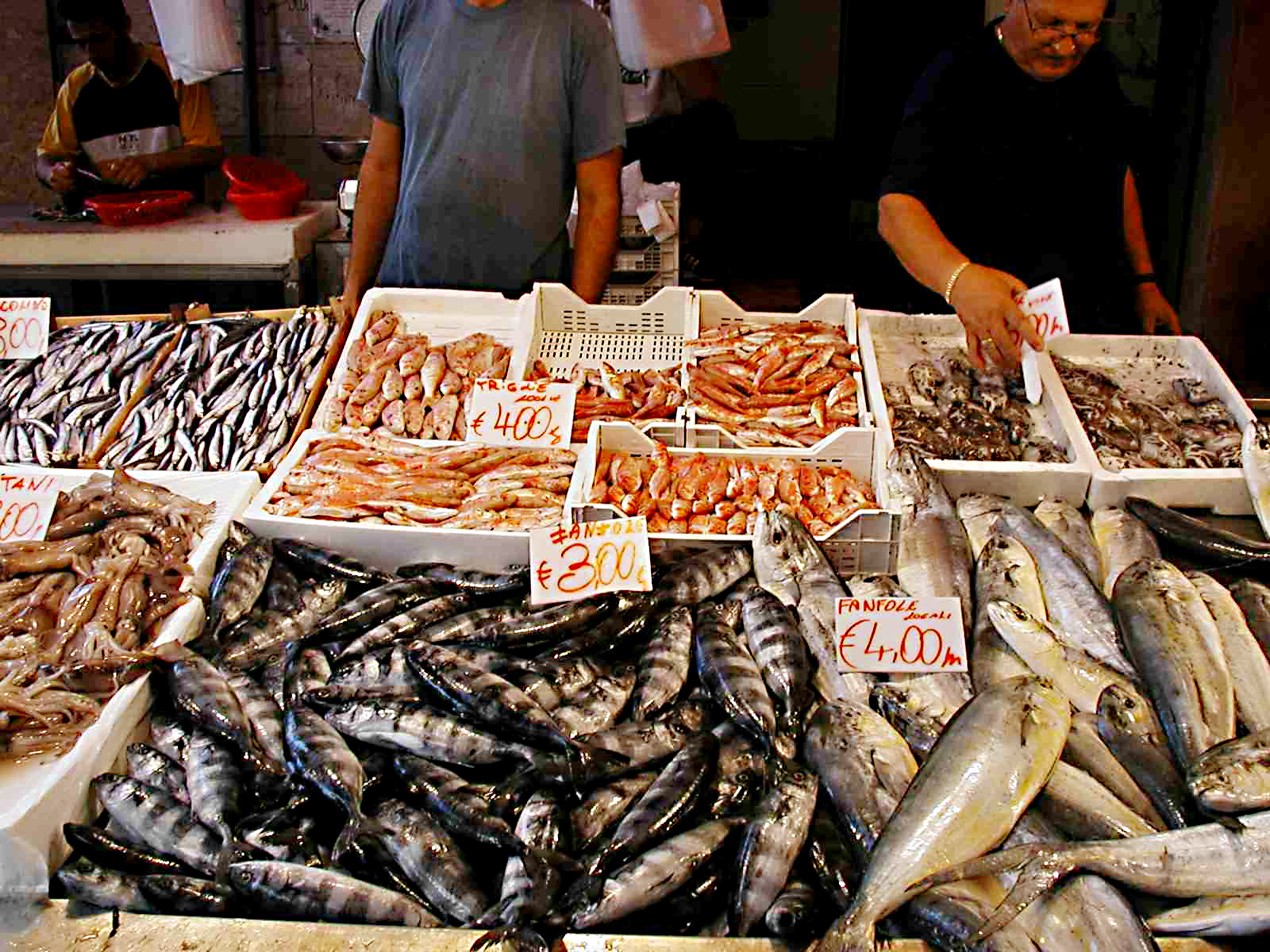


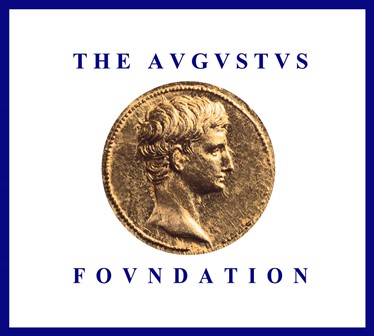

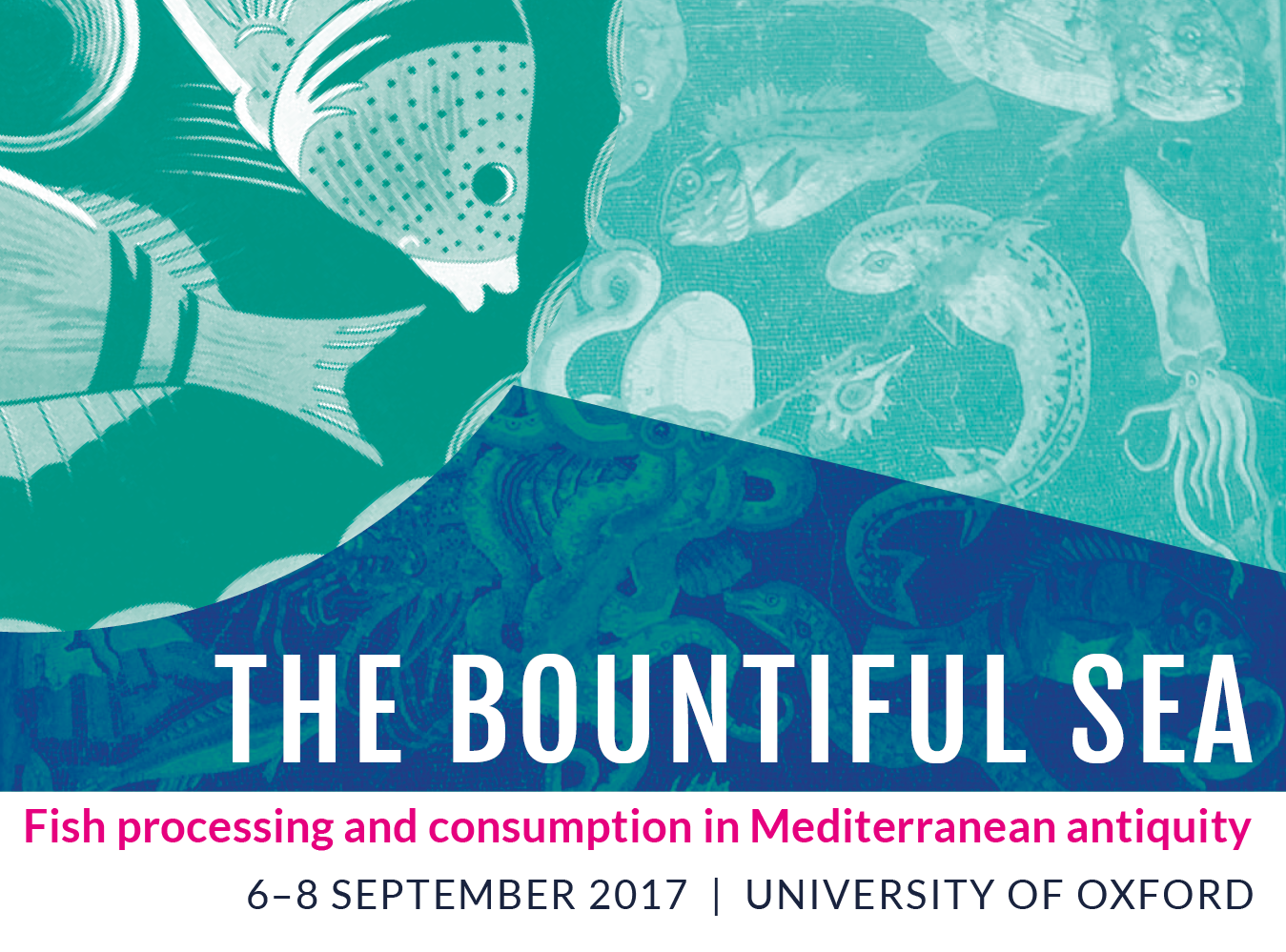
 How can we understand ancient fish and fish products if we never experience them ourselves?
How can we understand ancient fish and fish products if we never experience them ourselves?


